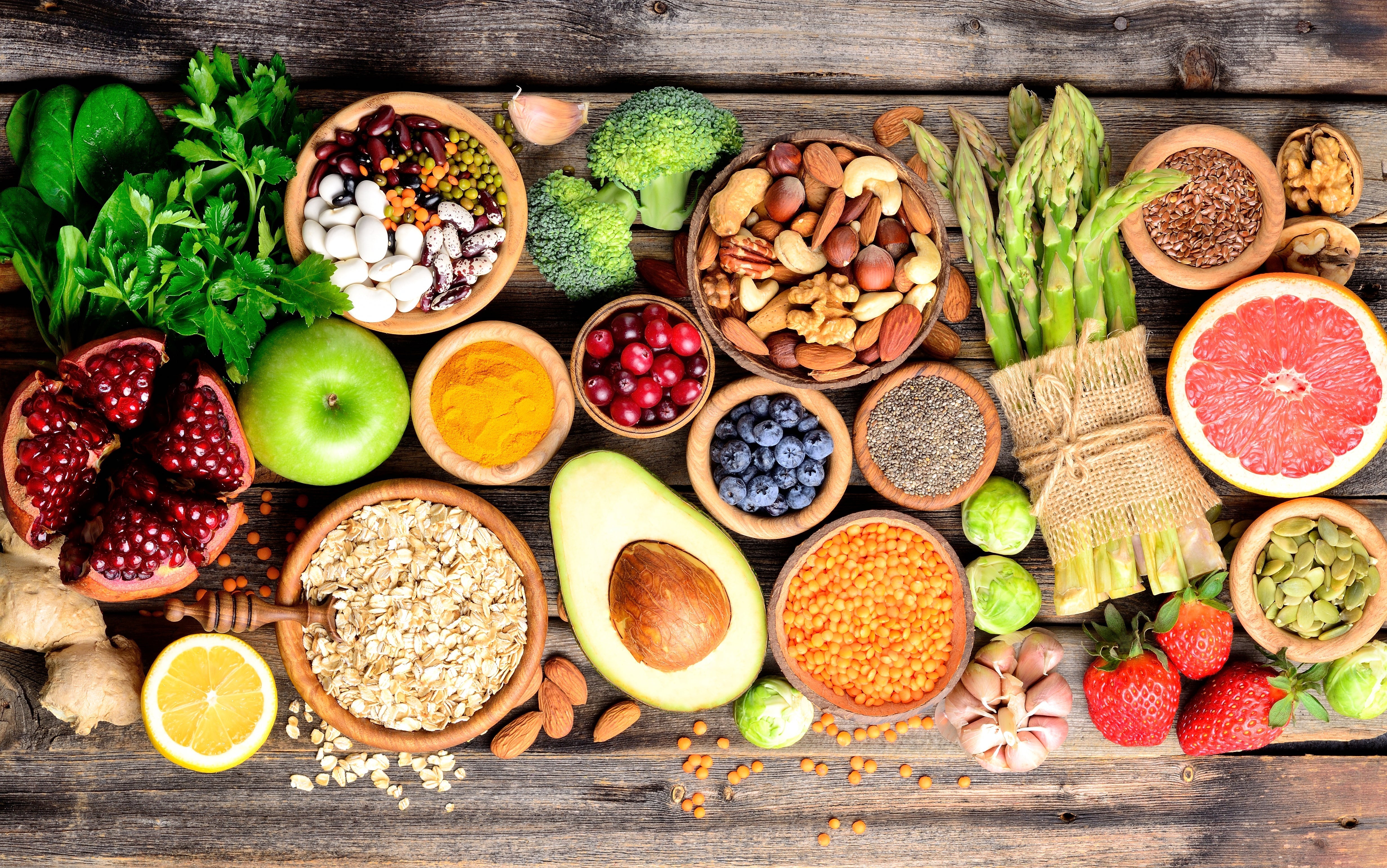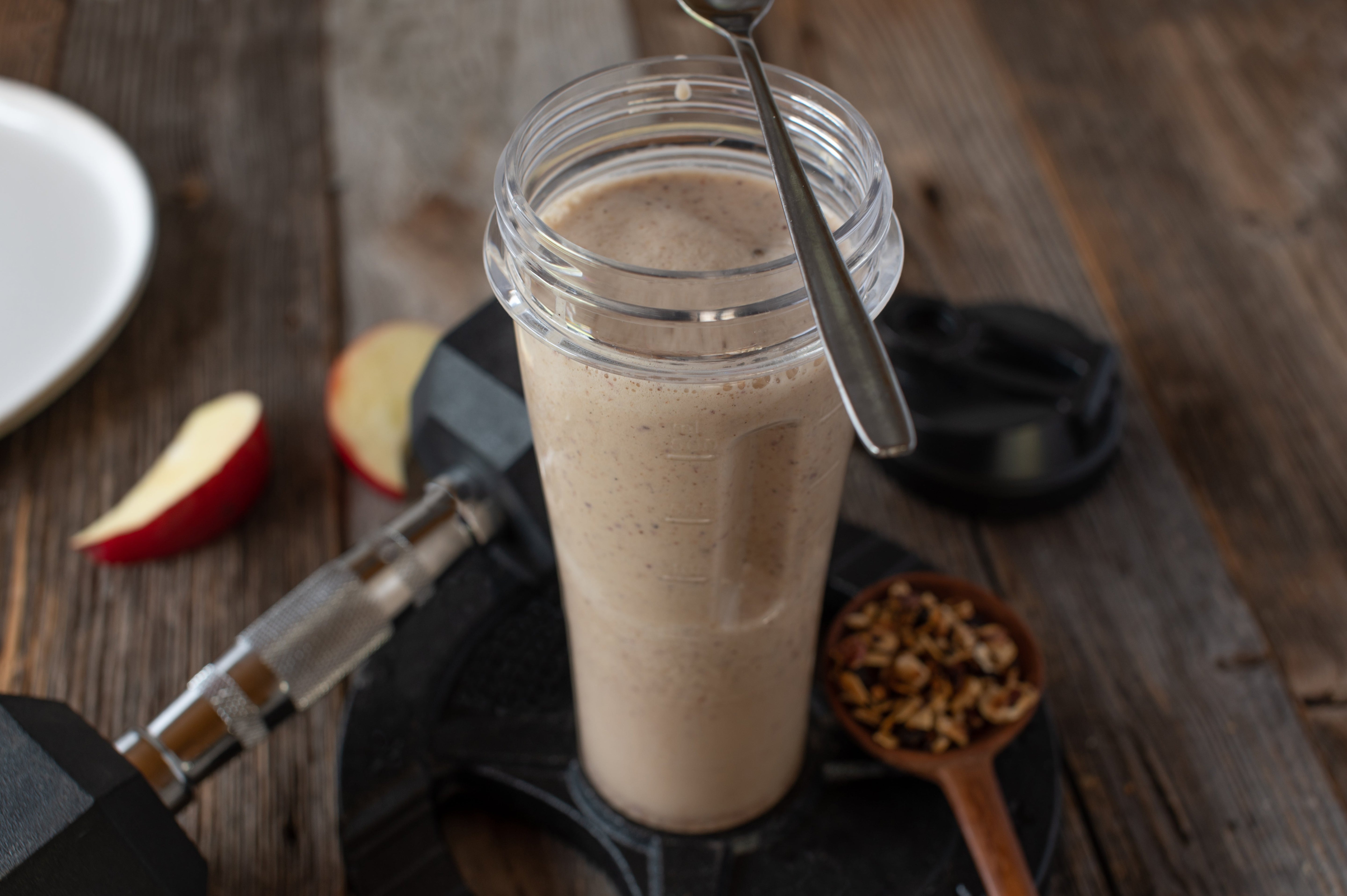
Essential Minerals for Hormonal Balance and Metabolism: Fueling Your Body with Love

Why Minerals Matter
-
Hormonal Balance: Minerals act as messengers for your hormones, helping them communicate with your cells and tissues.
-
Metabolism Support: They help convert food into energy and keep your metabolic rate steady.
-
Mood and Energy Boosters: Many minerals are tied to mood regulation and energy levels, making them essential for mental clarity and physical stamina.
The Essential Minerals for Hormonal Balance and Metabolism
-
Magnesium: The Chill Mineral
-
Why You Need It: It helps regulate cortisol (your stress hormone) and supports thyroid health, which is key for metabolism.
-
Where to Get It: Dark leafy greens, almonds, avocados, and dark chocolate. Yes, chocolate counts—you're welcome.
-
Pro Tip: Pair magnesium-rich foods with healthy fats for better absorption.
-
Zinc: The Repair Mineral
-
Why You Need It: It supports reproductive hormones like estrogen and testosterone and aids in thyroid hormone production.
-
Where to Get It: Pumpkin seeds, chickpeas, cashews, and shellfish.
-
Pro Tip: Soak or sprout seeds and nuts to unlock their full zinc potential.
-
Selenium: The Protector
-
Why You Need It: Selenium supports thyroid health and helps regulate mood by aiding serotonin production.
-
Where to Get It: Brazil nuts, eggs, and tuna.
-
Pro Tip: Just one Brazil nut a day meets your selenium needs—how’s that for efficiency?
-
Iron: The Energy Booster
-
Why You Need It: Iron is critical for energy metabolism and supports hormone regulation, especially during your menstrual cycle.
-
Where to Get It: Lentils, spinach, red meat, and fortified cereals.
-
Pro Tip: Pair iron-rich foods with vitamin C (like citrus or bell peppers) for better absorption.
-
Calcium: Not Just for Bones
-
Why You Need It: It plays a role in neurotransmitter release and the contraction of muscles, including your heart.
-
Where to Get It: Dairy, tofu, kale, and fortified plant-based milks.
-
Pro Tip: Balance calcium intake with magnesium to avoid over-supplementation.
-
Iodine: The Thyroid’s Bestie
-
Why You Need It: It’s essential for producing thyroid hormones, which regulate your metabolic rate.
-
Where to Get It: Seaweed, iodized salt, and seafood.
-
Pro Tip: Go easy on the seaweed—too much iodine can throw your thyroid off balance.
How to Get More Minerals in Your Life
-
Eat the Rainbow: Focus on whole, nutrient-dense foods like fruits, veggies, nuts, and seeds.
-
Check Your Labels: If you’re eating packaged food, look for added minerals like calcium or iron.
-
Mind Your Cooking: Boiling can leach minerals from veggies—try steaming or roasting instead.
-
Hydrate with Minerals: Mineral water or a pinch of sea salt in your water can replenish electrolytes.
Listening to Your Body
Final Thoughts
References
-
Nielsen, F. H. (2012). “Magnesium, Inflammation, and Obesity in Chronic Disease.” Nutrition Reviews.
-
Brown, K. M., & Arthur, J. R. (2001). “Selenium, Selenoproteins, and Human Health.” The Lancet.
-
National Institutes of Health. (2022). “Dietary Supplement Fact Sheets.”
Meet Fitnexa, your AI-driven companion that turns everyday habits into a positive, uplifting journey. From effortless meal analysis (including recipe suggestions) to personalized coaching and real-time support, Fitnexa keeps you on track toward lasting wellness — so you can stay younger, live longer.
https://apple.co/4hr8JGW





Leave a comment
This site is protected by hCaptcha and the hCaptcha Privacy Policy and Terms of Service apply.